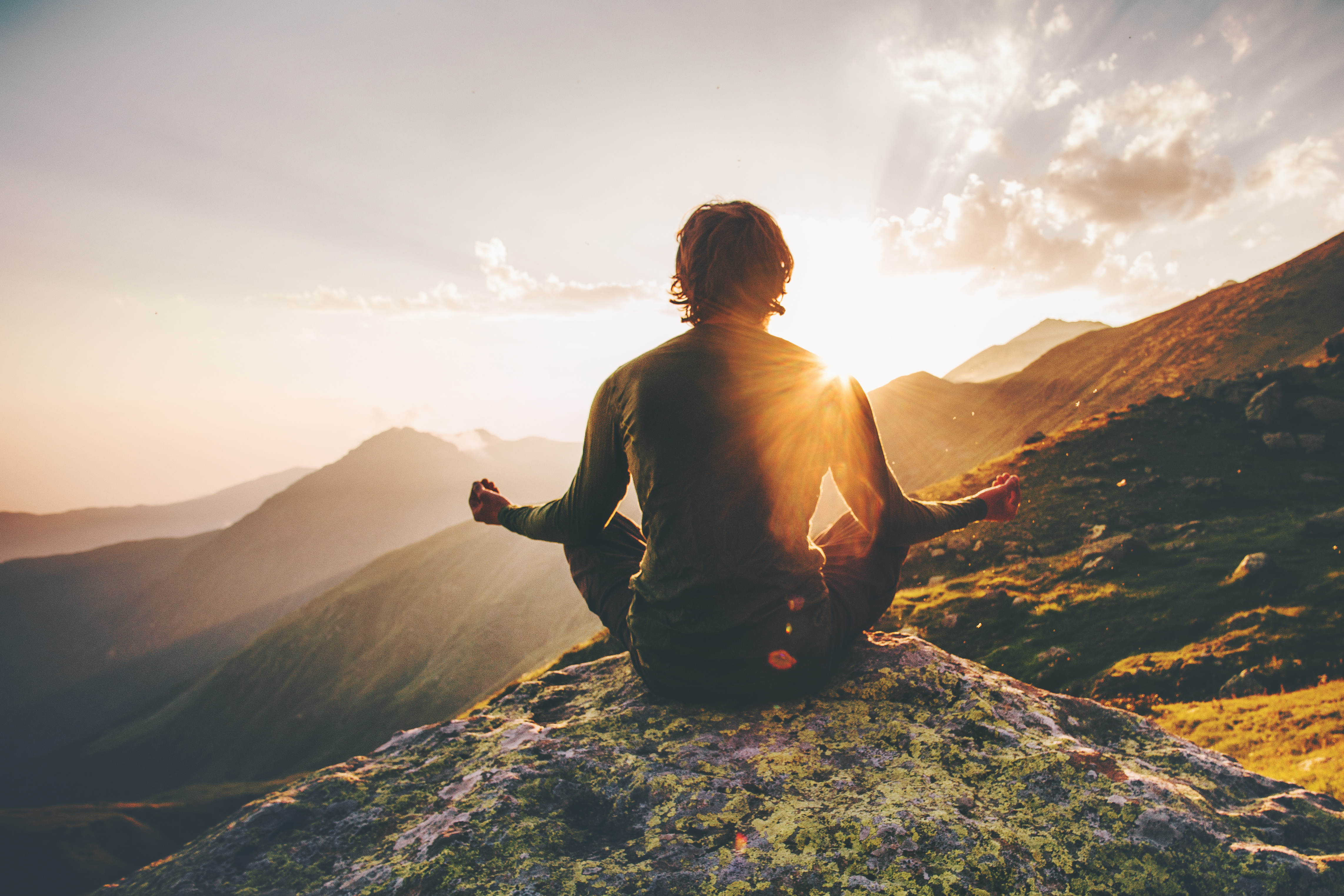Five Simple Ways to Relieve Stress and Anxiety Naturally

Let’s face it: 2020 has made life more stressful.
Many of us have been stuck at home for months, wondering when our lives will return to normal.
We’re working from home and some of us have even been laid off. We haven’t seen our family and friends since the spring, and all we can do is take life one day at a time.
In a recent survey, 85% of respondents reported that COVID-19 had disrupted their lives somehow. 72% of respondents claimed their anxiety and stress during this time have negatively impacted their mental health.
Feeling a little stressed or anxious is normal. But, if you’re struggling more than usual right now, we’re here to help you figure out how to manage stress naturally.
First, let’s understand the difference between anxiety and stress.

They are both natural ways that our bodies react to “fight or flight” situations.
Stress is generally a short-term feeling in response to a specific event or action. Anxiety, on the other hand, could be long-term, and the cause is not always known.
For example, you may feel stressed studying for an upcoming exam or preparing for a work presentation. Then, you may experience anxiety when that test or presentation finally happens.
Both have similar symptoms: shortness of breath, sweating, nervousness, a faster heartbeat, and more.
The next time you are in an uneasy situation, pay attention to your body. What symptoms do you experience? Acknowledging when you feel stressed or anxious, and recognizing the symptoms in your body is the first step to manage stress naturally.
There are many natural stress relievers out there.
The trick is to figure out what works best for you. Remember that some people may need a combination of several different approaches. These are some of our favorite ways to calm your mind and body.
1. Meditation: This ancient tradition of relaxation has been practiced all over the world as early as 5,000 to 3,500 BCE. While there are six main types of meditation (including mindfulness, spiritual, mantra, transcendental, movement, and focused), there is no wrong way to meditate.

All you need is a quiet, comfortable place to sit or lay down for a few minutes every day. Practice clearing your mind, focusing on a single thought, repeating a mantra, or concentrating on your breathing. The first time you try to meditate might be hard, but over time meditation has fantastic benefits, including reducing anxiety and depression symptoms, improving sleep, lowering blood pressure, and more.
2. Exercise: Getting your body up and moving might be the easiest way to combat stress or anxiety. Exercise lowers your body’s cortisol levels, which is the stress hormone in your body. It also releases endorphins that improve your overall mood. By exercising, you’re helping take your mind off of whatever is stressing you out at that moment. Additionally, the better you feel about your body, the better you’ll feel about your mind. Even going for a short walk outside or dancing it out to your favorite song can help alleviate stress or anxiety.
3. Drink more water (and less caffeine): The brain is made up of 75% water and the body is 60%, so staying hydrated is extremely important for brain and body function. Dehydration may even cause your cortisol levels to rise, which causes more stress in the body. Although caffeine might give you that extra pep in your step, it’s a stimulate. Like anxiety or stress, caffeine also activates that “fight or flight” feeling. If you frequently experience anxiety, caffeine might make those symptoms worse.
4. Spend time with friends and family: Although seeing our loved ones right now might be hard, it’s still possible to have calls with FaceTime, Zoom, or Skype. Having a supportive network of people you trust is very important for mental health. If you feel anxious about what’s happening in the world, give someone a call to get your mind off whatever is bothering you. Or better yet, schedule a weekly virtual meet up with those closest to you where you can all have a safe space to discuss your life and current events.
5. Write it all down: Recognizing your feelings is one thing, but remembering them for next time is another. If you journal consistently, you can look back on past experiences to see how you overcame those overwhelming feelings. It can help you track your symptoms, get rid of negative thoughts and emotions, and speak to yourself with positive affirmations.
If none of these stress relievers work or if you need extra help, consider a natural calm supplement.
There are many ingredients out there if you need help to figure out how to manage stress naturally. These natural stress relievers are excellent in calming nerves and allowing you to handle anxiety or stressful situations.

Look for a natural calm supplement with the following ingredients:
- Magnesium and GABA to relax your mind and body
- Holy Basil to fight the adverse effects of stress
- 5-HTP to regulate your mood and anxiety
- Pyridoxal-5-Phosphate to improve brain function and give your body a boost of energy.
The best part about taking a supplement is that you don’t need to take it every day. You only need the supplement when you feel the onset of stress or anxiety symptoms or if you know you will be in a tense environment.
Figuring out what works best for you might take some time.

The more you practice mindfulness techniques to calm your mind and body during stressful situations, the better off you’ll be.
Figuring out how your body reacts to stress and anxiety, and what works best to remove those symptoms from your life might take some trial and error.
The sooner you start trying different things, the sooner you’ll start feeling like yourself again: calm, happy, motivated, and stress-free.
